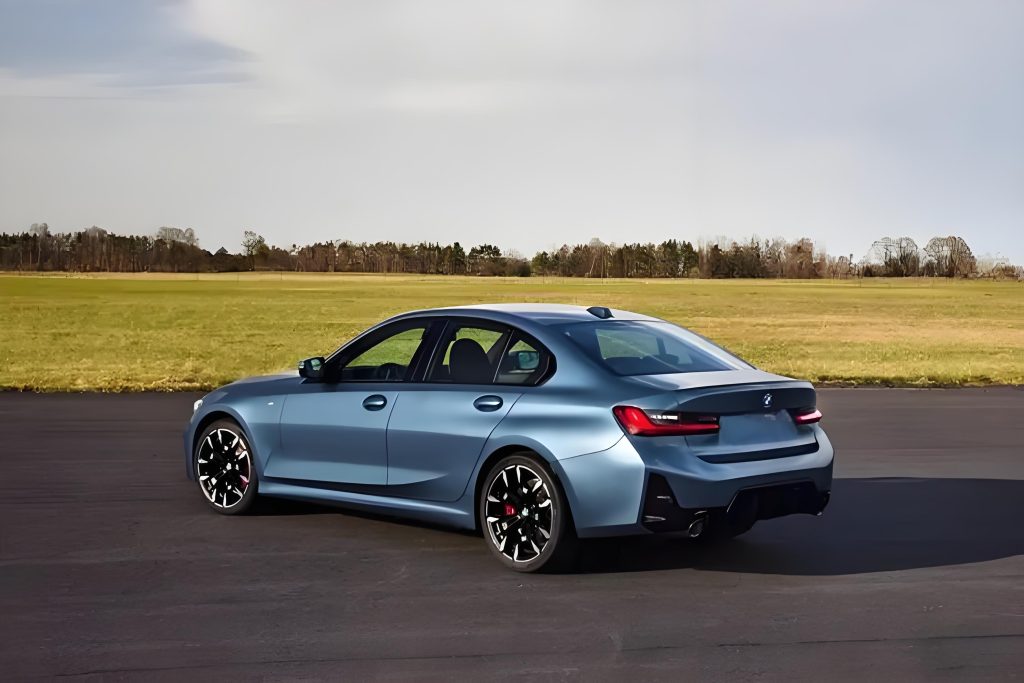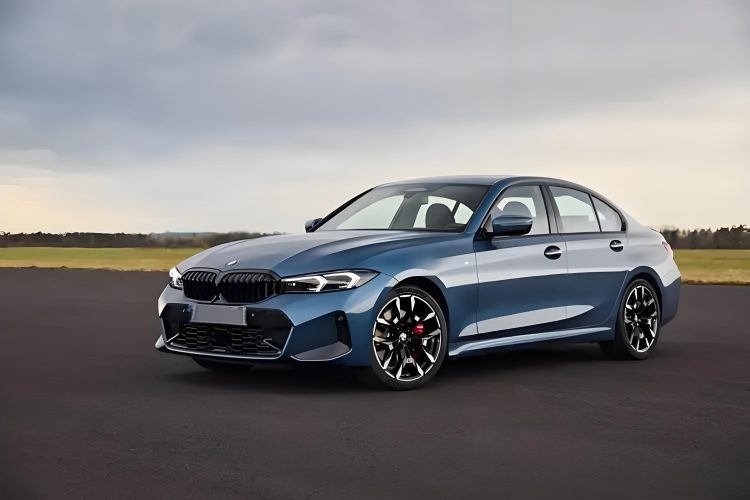The BMW 330e is a popular plug-in hybrid electric vehicle (PHEV) that offers drivers the best of both worlds – the efficiency of an electric vehicle and the power and performance of a traditional gasoline-powered car. One of the questions many people have about the BMW 330e is whether or not it charges while driving. Let’s take a closer look at how the BMW 330e charging system works.

First and foremost, it’s important to understand that the BMW 330e has two sources of power – an electric motor and a gasoline engine. The electric motor is powered by a high-voltage lithium-ion battery pack, which can be charged using an external power source or regenerative braking while driving. The gasoline engine is used to power the car when the battery is depleted or to supplement the electric motor when additional power is needed.
So, does the BMW 330e charge while driving? The answer is yes and no. The battery pack in the BMW 330e can be charged while driving, but only through regenerative braking. Regenerative braking is a process in which the kinetic energy generated during braking is converted into electrical energy, which is then used to recharge the battery pack.
When the driver of the BMW 330e steps on the brakes, the electric motor switches from propulsion mode to generation mode, which allows the motor to act as a generator and convert the kinetic energy into electrical energy. This electrical energy is then stored in the battery pack and can be used to power the electric motor later on.
It’s important to note that regenerative braking can only recharge the battery pack to a certain extent. The amount of energy that can be generated through regenerative braking depends on a variety of factors, including the speed of the car, the rate of deceleration, and the driving conditions. So while the BMW 330e does charge while driving, it’s not a significant source of energy and should not be relied upon as the primary source of power for the car.
In summary, the BMW 330e can charge while driving, but only through regenerative braking. Regenerative braking is a process in which the kinetic energy generated during braking is converted into electrical energy, which is then used to recharge the battery pack. While regenerative braking can help extend the range of the BMW 330e, it should not be relied upon as the primary source of power for the car.


































Discussion about this post